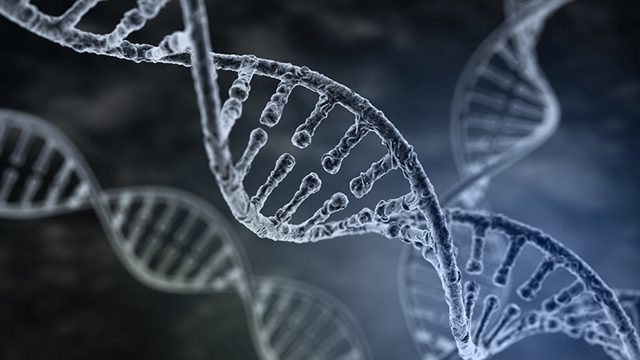SUMMARY
This is AI generated summarization, which may have errors. For context, always refer to the full article.

The CSI series has been credited to have made “DNA” a household word. Because of the way they tied science to criminal stories, a much greater number of people, beyond the labs became alerted that a double-helical molecule, unique to each of us, lives inside us.
But is DNA really all there is to our most basic biology? Does each of us really have just one kind of DNA that we can call our own? And since it is the “luggage” we hand on to our offspring, it is the only way that we can pass on our traits?
When the human genome was sequenced in 2003, there was a lot of promise that since we have nailed the biological map of humans, we are on our way to figuring out which set of genes did what, especially when it spelled medical trouble. Stem-cell based treatments (which assumes that we have only one kind of DNA so it tweaks that DNA) started to develop and some of them are now being used.
When someone is born, say a girl, there is so much hope that the slate will be swept clean – a new being with a new life. The new body with the combined genes of Mom and Dad will have her own journey of experiences. And what she has is her own genome – each of the tens of trillions of cells in her body will carry her DNA. That is her unique biological print, right? Hmmm, not quite.
For decades, scientists have found it rare that a person will have DNA other than his or her own. But in the last few years, this is getting to be more and more common. Researchers are finding that a mother is left with the DNA of the child she carried in her womb and this DNA is found in various tissues in her body. This kind of DNA mix also happens in transfusions. In 2012, there was a case where an autopsy of women in Canada revealed that 63% of them had the Y chromosome in their neurons. And since females are defined by their “X,X” chromosome and males with “X,Y”, the chromosome could have come from the sons they bore.
More recently last August, a study found that male cells were found in all of the mothers they autopsied. The male cells were in major body organs including the heart and kidney. Science is not yet dead sure of what these left-over cells do but they suspect that they boost “mothering” abilities to help the young survive. This phenomenon is called “microchimerism”, the molecular version of the chimerism involved in symbols like the sphinx, fusing lion and human.
We don’t know yet how much power these “intruder” DNAs have over our own genome. We have yet to see how much, if at all, will they affect the DNA-based therapies that medical science is developing to lick the diseases that can only be cured if we rebooted our genome.
And there is another one less jewel in the crown we bestowed upon DNA. A recent study found that a protein called “histone” that serves like a rod where DNA winds, could also pass on traits to an offspring. It is not the DNA itself. And what is more interesting is that histone is part of the “sperm” package. This means that we get it from our fathers.
The study that revealed this pointed to histone as one that cannot be modified by the environment. This means that histone could be shaped by the habits of your father – things like exposure or ingestion of chemicals like alcohol or drugs. Whatever Dad ingested, exposed himself to, indulged in, could have found their way into your genes too before you were born. This means that the mark of Dad’s or Grandpa’s habits could be passed on to you.
These are, I think, big leaps for a generation defined by the DNA discovery, completion, and promise. DNA is not a “homo-gene” in us and it is looking like it is not the only biological luggage we pass on. – Rappler.com
(DNA image from Shutterstock)
Add a comment
How does this make you feel?
There are no comments yet. Add your comment to start the conversation.